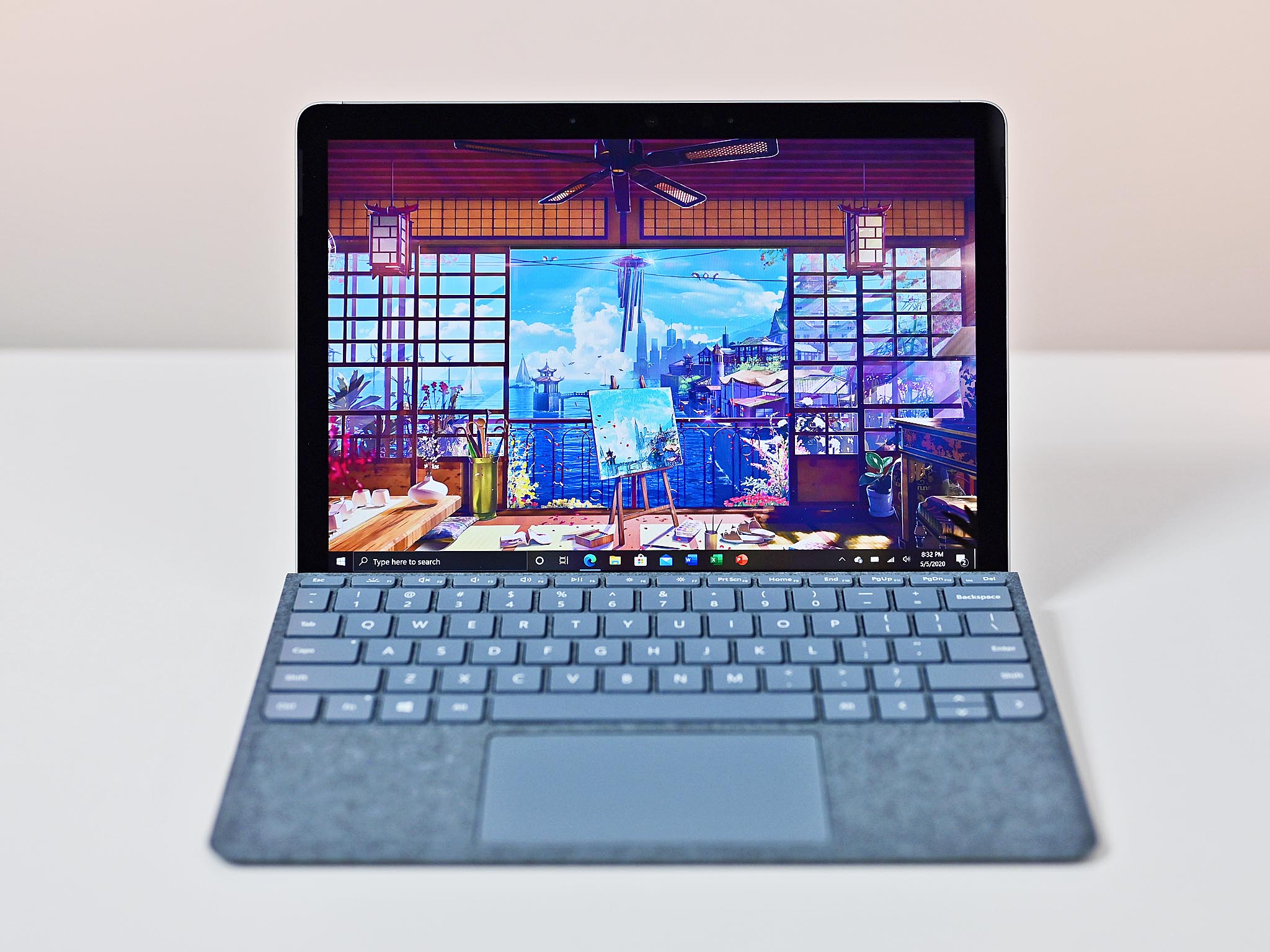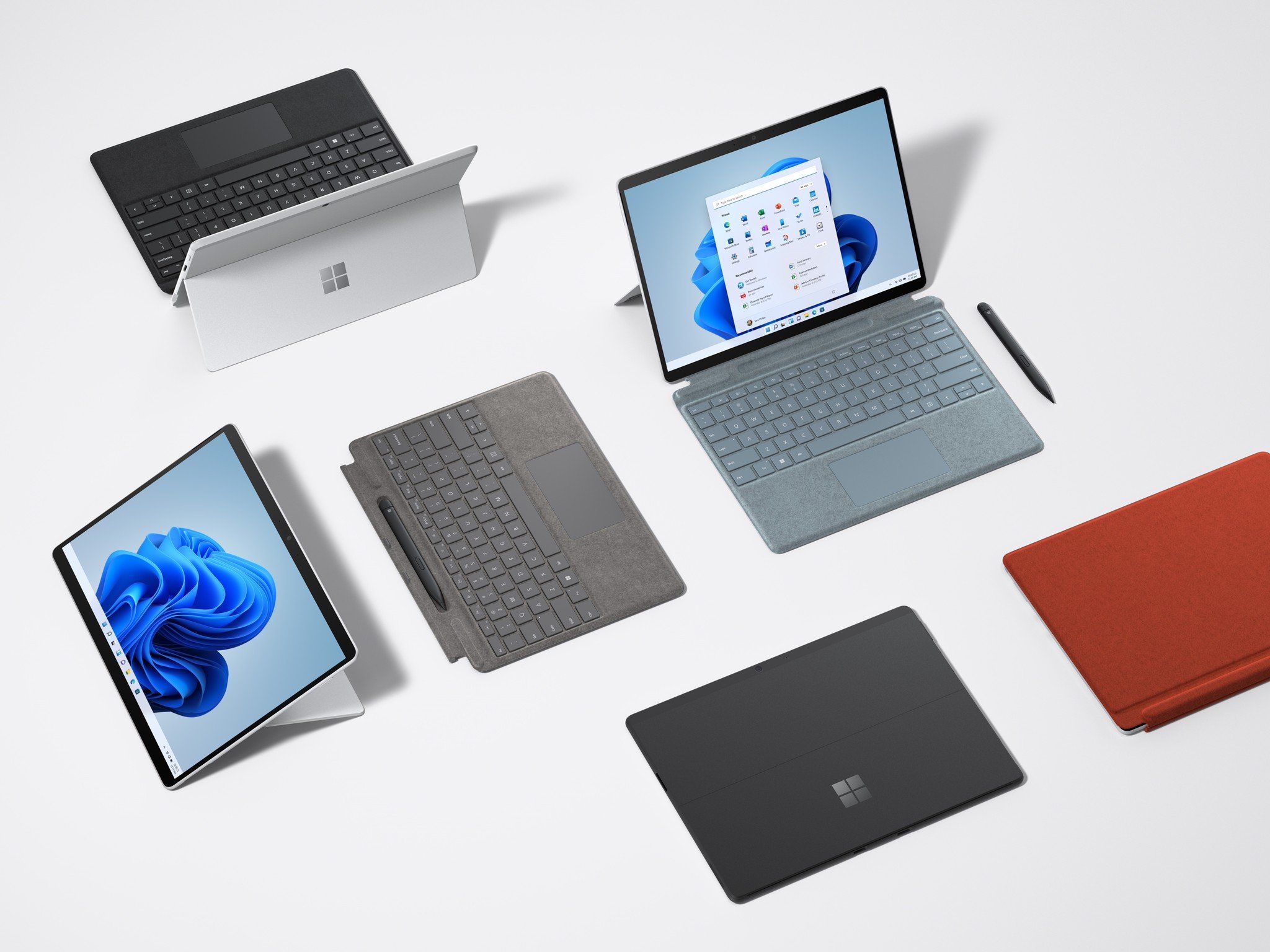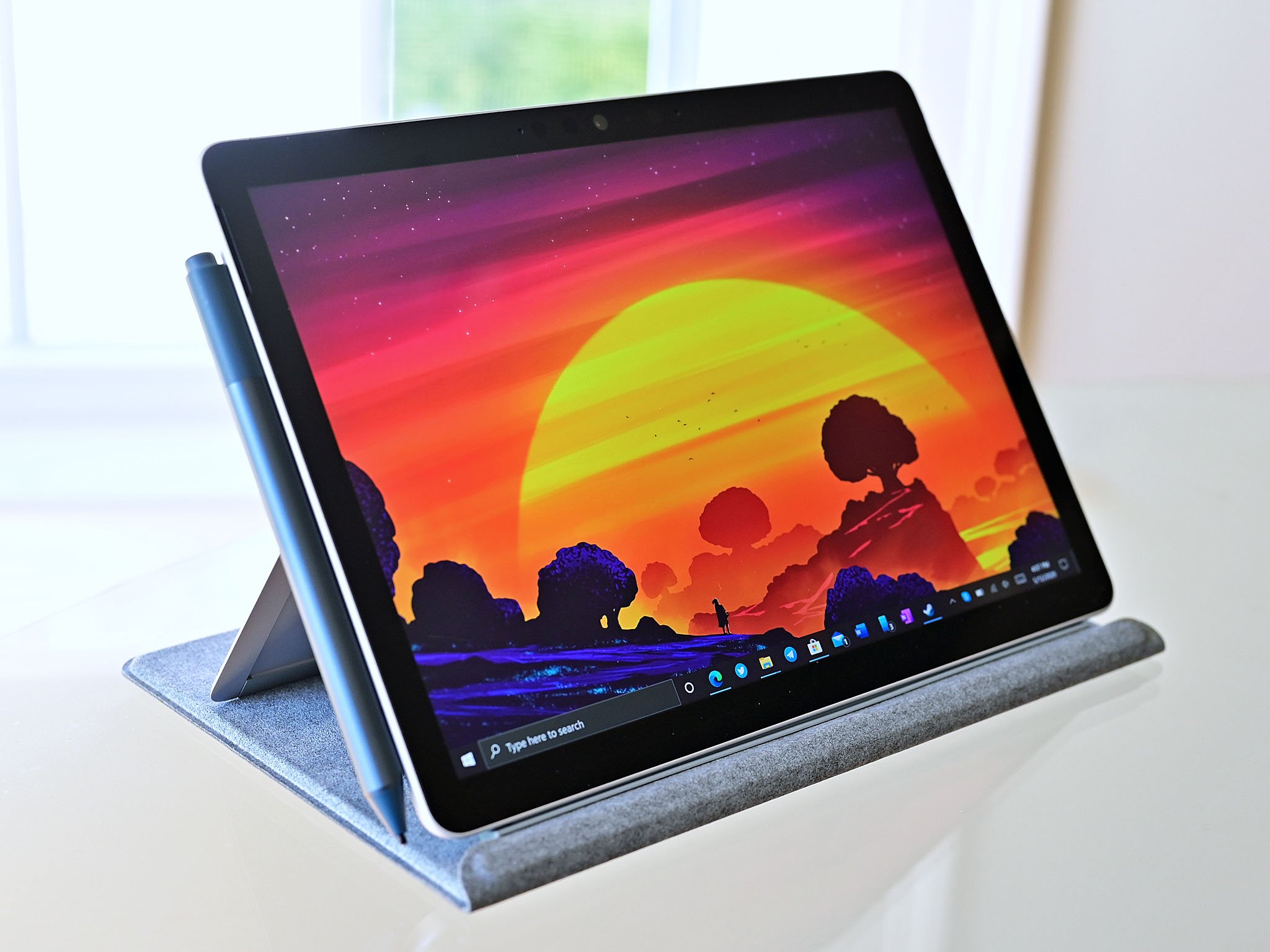Why hasn't Microsoft made a 'Surface Go X'?
The Surface Go design is perfect for ARM. Why won't Microsoft embrace it?

When thinking about existing devices that should have an ARM processor configuration available, the Surface Go immediately comes to mind. With its extremely compact dimensions and light weight, the Surface Go is a perfect fit for ARM chips that significantly cut down on power consumption and substantially boost battery life while still offering competent performance for general web browsing and productivity work.
Why, then, has Microsoft chosen to not make a version of the Surface Go with an ARM processor? It's a baffling decision, especially since Microsoft has already shown it believes in the potential of ARM by creating the Surface Pro X. Its custom Microsoft SQ1 and Microsoft SQ2 ARM CPUs allowed Microsoft to slim down the chassis and boost battery life by a full three hours compared to the Surface Pro 7, essentially resulting in a specialized Surface Pro intended for light and long-lasting computing on the go. In the two years since its release, the Surface Pro X has become one of the best Microsoft Surface PCs and is one of the most popular, too.
You would think that bringing ARM to the thinnest, lightest, and smallest devices in the Surface lineup would be a no-brainer for Microsoft following the success of the Surface Pro X. Yet here we are in the aftermath of the Microsoft Surface 2021 event, and we've still heard nothing about a potential "Surface Go X" on the horizon.

Something that was announced at the recent Surface event was the Surface Go 3, which updates the machine with 10th Gen Intel processing and some other minor improvements. But while the addition of a 10th Gen Intel CPU will make the Surface Go more reliable and consistent, it likely won't solve an issue that the device has suffered from since its 2018 launch: poor battery life. The Surface Go and Surface Go 2 both fall considerably short compared to competing devices in this respect, and while 10th Gen Intel will certainly help, it isn't likely that it's going to fully rectify the problem.
ARM is the perfect solution to the Surface Go's battery life issues.
You know what would solve the Surface Go's longevity conundrum while still offering solid and reliable performance for general computing? The inclusion of an ARM processor. Machines like the Surface Pro X and the Samsung Galaxy Book S prove that opting for ARM architecture over traditional x86 CPUs leads to significant battery life gains.
It's true that ARM chips can't compete with powerful x86 ones when it comes to more demanding tasks, but the Surface Go isn't a device meant for people who need something with muscle. You get a Surface Go if you need something lightweight and affordable for basic computing. Additionally, the Surface Go 3's budget-tier Intel Core i3-10100Y is far from being considered high-end. At that point, why not just use a Microsoft SQ1 or Microsoft SQ2 ARM CPU instead? The Intel Core i3-10100Y isn't offering any tangible advantages over ARM, and ARM would significantly improve the Surface Go's longevity power efficiency.

At the end of the day, it's frustrating to watch Microsoft squander this opportunity to create one of the most useful and reliable portable PCs ever. The Surface Go form factor is genius, and now that global lockdowns have begun to lift, there will once again be a huge push for efficient mobile computing. But until Microsoft is able to effectively address the Surface Go's mediocre battery life, a lot of people will opt for traditional convertible devices that have better longevity — even though they're less compact and heavier to carry.
Get the Windows Central Newsletter
All the latest news, reviews, and guides for Windows and Xbox diehards.
There's ultimately no reason why a "Surface Go X" shouldn't exist, especially since the Windows user experience on ARM has significantly improved thanks to plenty of updates and the addition of 64-bit app emulation. With ARM, the Surface Go would go from being a solid device with big battery life compromises to a superb one that provides everything you could ever want from a mobile work machine. And as Microsoft continues to leverage the benefits of ARM on the Surface Pro X, we can only hope that it doesn't leave the Surface Go behind.
Brendan Lowry is a Windows Central writer and Oakland University graduate with a burning passion for video games, of which he's been an avid fan since childhood. He's been writing for Team WC since the summer of 2017, and you'll find him doing news, editorials, reviews, and general coverage on everything gaming, Xbox, and Windows PC. His favorite game of all time is probably NieR: Automata, though Elden Ring, Fallout: New Vegas, and Team Fortress 2 are in the running, too. When he's not writing or gaming, there's a good chance he's either watching an interesting new movie or TV show or actually going outside for once. Follow him on X (Twitter).


